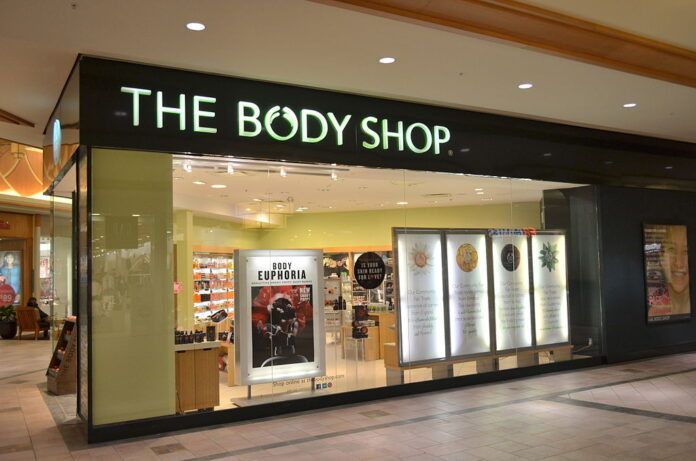Hundreds face redundancy as ethical beauty retailer adjusts to changing consumer habits
The Body Shop, a staple of the UK high street and a pioneer in ethically sourced and cruelty-free beauty products has announced a significant reduction in its retail footprint. In a move that underscores the challenging environment for brick-and-mortar retailers, the company will close an additional 75 stores across the country. This decision comes on the heels of the cosmetics chain’s fall into administration earlier this month, a development that sent ripples through the retail sector and its customer base.
As a result of these closures, 489 employees face redundancy, adding to the economic toll of the retail industry’s ongoing struggles. Prior to this announcement, The Body Shop had already shuttered seven stores as part of its administration process. This means a total of 82 outlets will cease operations over the coming weeks, a significant contraction for a brand that has been a familiar presence in shopping districts and malls.
Embed from Getty ImagesDespite this contraction, there’s a silver lining: FRP Advisory, the administrators overseeing The Body Shop’s restructuring, have confirmed that 116 stores will remain open. This decision signals a commitment to maintaining a physical presence in the retail landscape, albeit on a smaller scale. Tony Wright, a joint administrator at FRP, emphasized that these measures aim to stabilize the business and ensure its long-term sustainability. By adjusting the size of its store portfolio, The Body Shop hopes to adapt to the realities of a retail sector increasingly dominated by online shopping and changing consumer behaviours.
The closures reflect broader trends in the retail industry, where companies are forced to navigate an array of challenges, from the rise of e-commerce to the economic pressures of the post-pandemic world. The Body Shop’s focus on ethical and sustainable products has won it a dedicated following, but the shift in shopping habits and the competitive market have necessitated a reevaluation of its strategy.
The Body Shop’s journey from its founding in 1976 by Dame Anita Roddick in Brighton to its current crossroads is a testament to the evolving nature of retail. The company, which was sold to L’Oreal in 2006 and has since changed hands multiple times, has struggled to maintain its footing amid financial challenges and a difficult trading environment. Its most recent sale to European private equity firm Aurelius in late last year for £207 million marked another chapter in its quest for stability.
For shoppers and the communities affected by the store closures, the announcement is a stark reminder of the shifting sands of the retail landscape. The Body Shop’s commitment to remaining a part of the UK’s high streets, albeit in a reduced capacity, is a hopeful sign for loyal customers and those who value its ethical approach to beauty products. As the company navigates this challenging period, its efforts to retain a core network of stores will be closely watched by industry observers and consumers alike.
